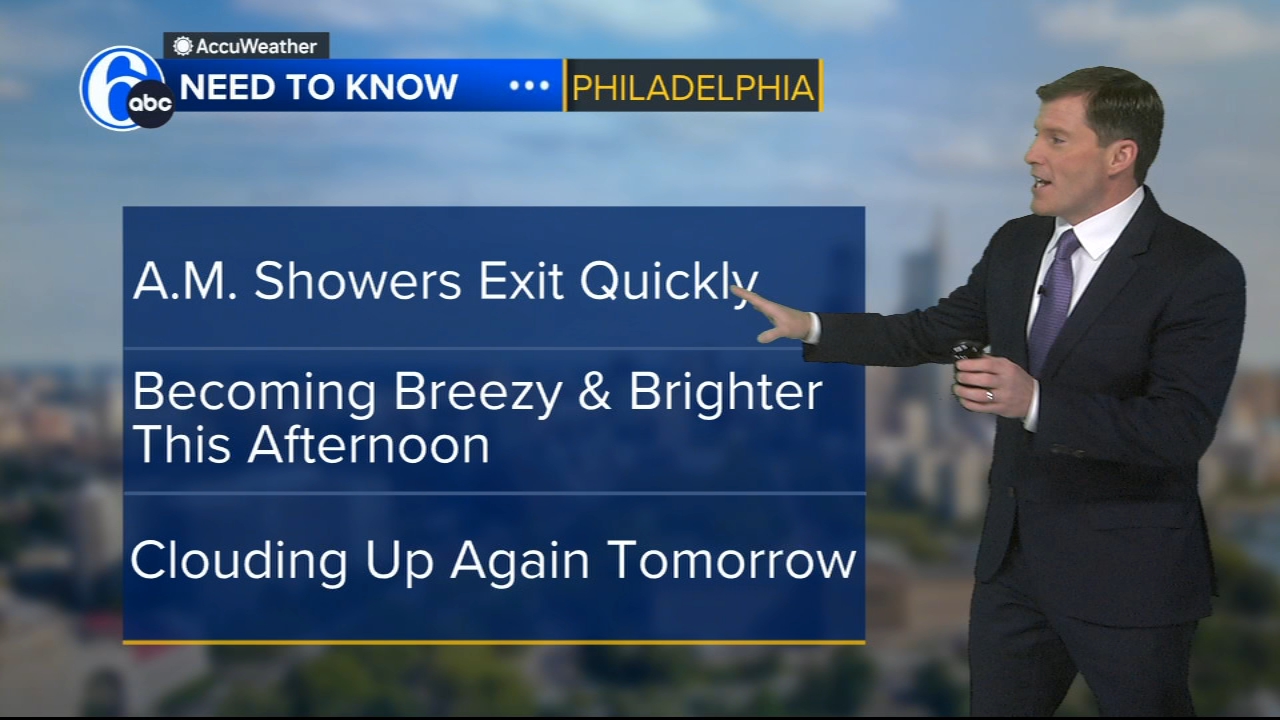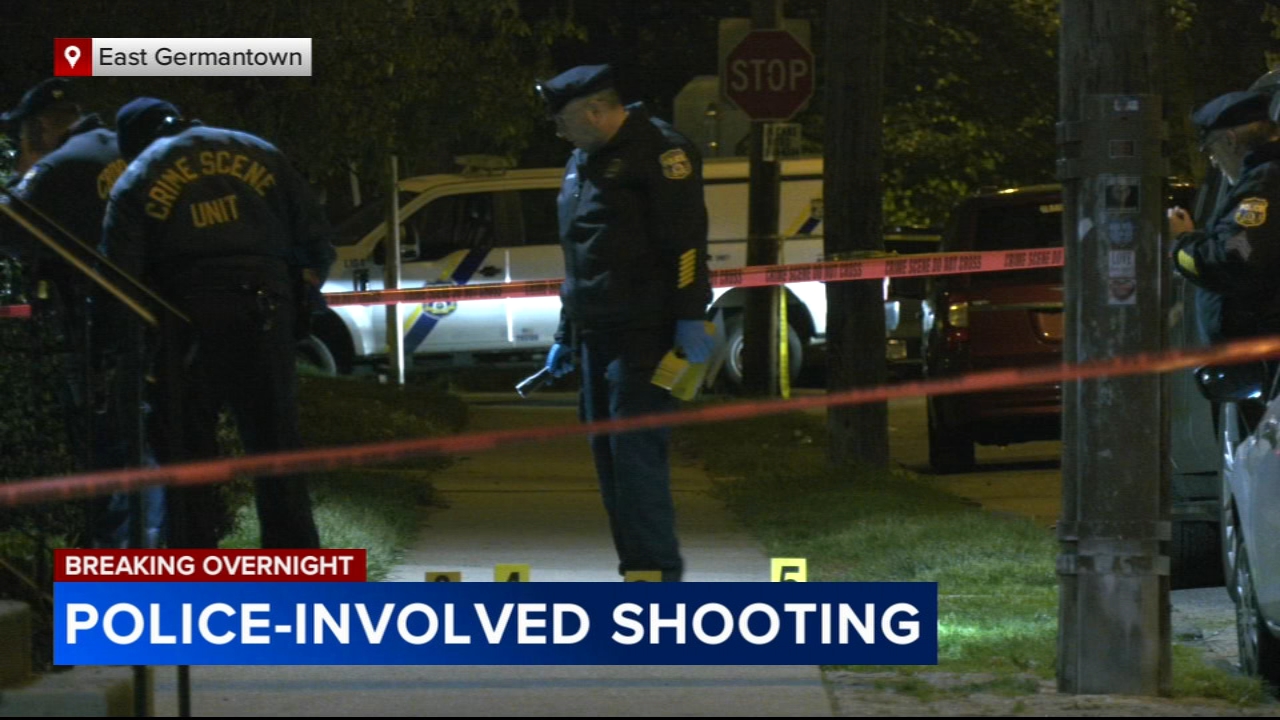Public health emergency declared in Philadelphia due to Hepatitis A outbreak

PHILADELPHIA (WPVI) -- Health officials in Philadelphia have declared a public health emergency due to an ongoing outbreak of Hepatitis A.
Health care providers and other agencies have been directed to help vaccinate those most at risk for the infection in order to stop the outbreak.
According to the Philadelphia Health Department, the city usually sees between two to six cases of Hepatitis A per year. Since January, the health department has been notified of 154 cases.

Since July 2018, the Health Department has coordinated the vaccination of 1,775 people considered at-risk, and reports that more than 12,439 total Hepatitis A vaccinations have been given in the city. But it hasn't been able to end the outbreak, officials say.
"We don't want anyone to contract Hepatitis A, and we have the ability to stop this outbreak. Now that we have a safe and effective vaccine, the most important action we can take is for everyone at high risk to be vaccinated," Dr. Thomas Farley, health commissioner in Philadelphia.
Hepatitis Type A is an infection of the liver caused by a virus that is spread by the fecal-oral route, either through personal contact or consumption of contaminated food or water.
Those at the highest risk of contracting Hepatitis A include:
- People who use drugs
- People experiencing homelessness
- Men who have sex with men
- People who are currently or were recently incarcerated
Pastor Craig Cerrito is spreading the word.
"Many, many times I've had to clean up in front of our own building because overnight people have used it when they didn't have facilities," he said.
Edward Peyreferry knows that firsthand; he lives on the sidewalks of Kensington Avenue.
"You're walking down the street, they're going to the bathroom. You walk by and they're going. It doesn't surprise me. Everywhere you go, there's feces all over," said Peyreferry.
Those who have been diagnosed should take steps to prevent transmission, including hand washing, avoiding food preparation for others, condom use, and drug use harm reduction practices.
The city will also be expanding its own outreach to vaccinate homeless persons and others at greatest risk.
Outreach organizations like Rock Ministries are teaming up with the health department to help those most vulnerable. On August 13, Rock Ministries is going to start giving out free vaccinations.
"You don't want to miss it because you don't want to catch that jawn," Cerrito said.





